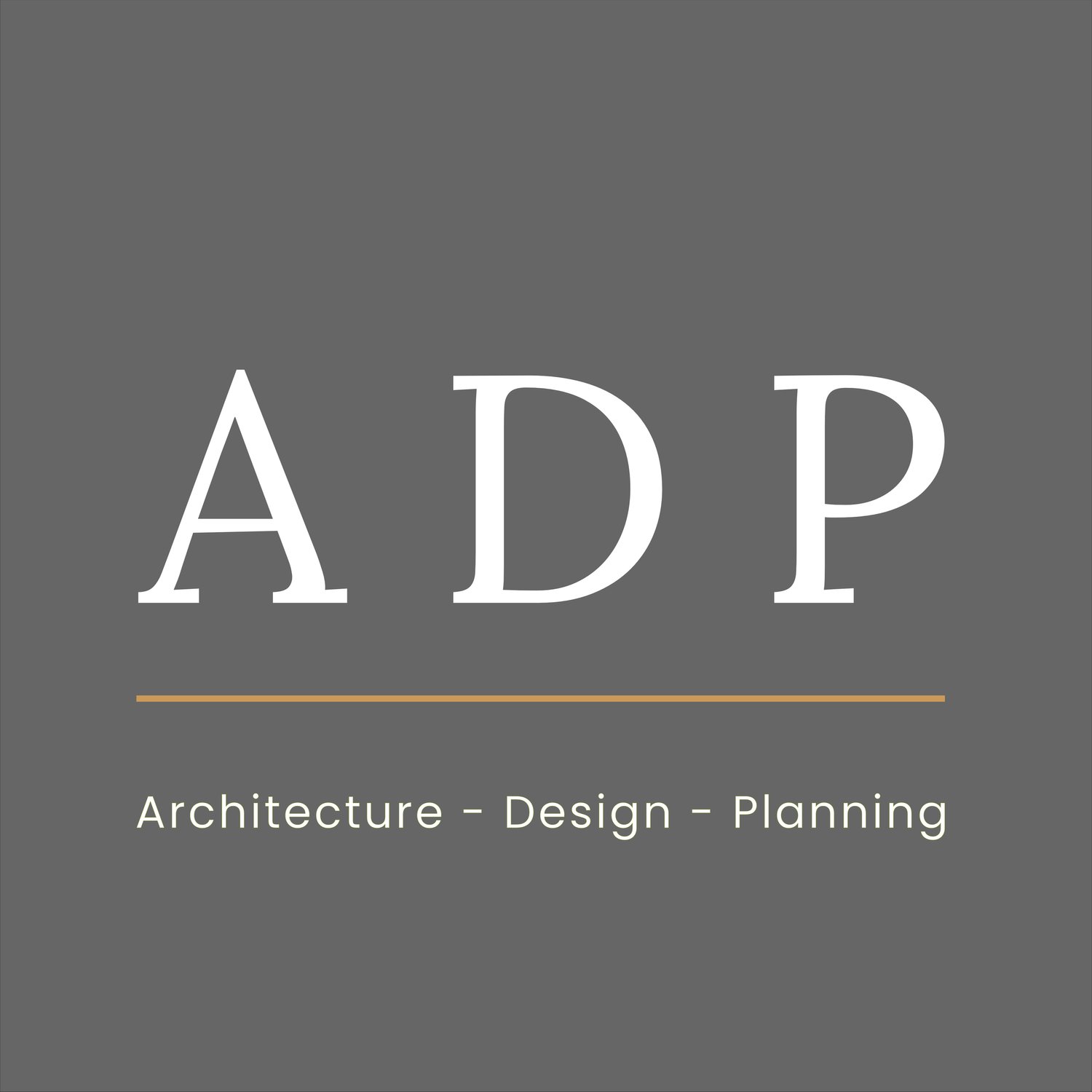The Future Homes Standard Consultation
The Government has published a consultation paper titled titled ‘The Future Homes Standard 2019 Consultation on changes to Part L (conservation of fuel and power) and Part F (ventilation) of the Building Regulations for new dwellings’.
This consultation is the first stage of a two-part consultation about proposed changes to building regulations and covers the energy efficiency of new homes.
This consultation will last for at least 14 weeks from 1st October 2019 to 10th January 2020.This consultation follows a commitment by the Government, as enshrined in law, to bring all its greenhouse gas emissions to net zero by 2050.
The consultation document notes that homes, new and existing, account for 20% of emissions. As part of the step change towards meeting this target, the Government has committed to introducing the Future Homes Standard in 2025.
Through the new proposed standards, the Government anticipates that an average new home will have 75- 80% less carbon emissions than one built to current energy efficiency requirements (Approved Document L 2013).
The consultation sets out two options to uplift energy efficiency standards and requirements:
Option 1 - ‘Future Homes Fabric’. This would result in a 20% reduction in CO2 from new dwellings, compared to the current standards. This performance standard is based on the energy and carbon performance of a home, and would expect to incorporating for example, very high fabric standards to minimise heat loss from windows, walls, floors and roofs. This would add £2,560 to the build-cost of a new home and would save households £60 a year on energy bills.
Option 2 - ‘Fabric plus technology’. This would result in a 31% reduction3 in CO2 from new dwellings, compared to the current standards. This option is likely to encourage the use of low-carbon heating and/or renewables. This option would add £4,850 to the build-cost of a new home and would save households £260 a year on energy bills.T
he Government are planning to launch a further consultation to address existing domestic buildings, and new and existing non-domestic buildings.
If you have a development project and like some design advice, please contact us at mail@adpltd.co.uk.Follow us on Instragram and twitter
